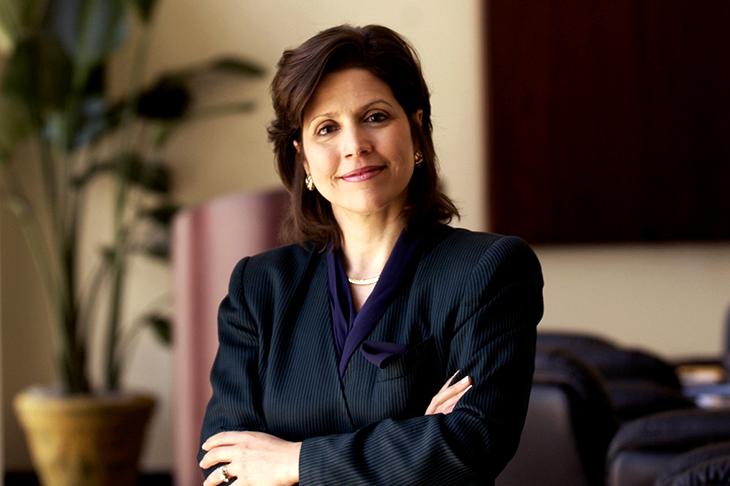Conference highlights ‘Southern’ clinical breakthroughs
Clinical researchers from universities across the South are in New Orleans this week for a three-day interdisciplinary conference highlighting the region’s most promising medical breakthroughs.
The Southern Regional Meeting of the Southern Society for Clinical Investigation, scheduled from Thursday through Saturday at the InterContinental New Orleans Hotel, is a major platform for Tulane University investigators to showcase preclinical and clinical research. Almost 70 Tulane faculty members, students and fellows are presenting abstracts at the event, which is co-hosted by Tulane and features 580 research presentations.
“The meeting engages faculty from all medical schools and academic health centers in Louisiana — Tulane, LSU Health Sciences in New Orleans and Shreveport, Xavier University and Ochsner — and outstanding medical schools and academic health centers from the southeastern United States to address our most compelling healthcare needs, including cardiovascular disease, infectious diseases and cancer,” says Dr. M. A. “Tonette” Krousel-Wood, Southern Society for Clinical Investigation president and Tulane professor of medicine and epidemiology, who is associate provost for health sciences.
“This is a big asset for our school and our city. It fosters career development, focusing on science, for all of our community.”
Dr. M. A. “Tonette” Krousel-Wood
The event features symposia on the microbiome’s impact on obesity, advances in cardiovascular treatment and the link between depression and diabetes. Dr. Michael Lauer, deputy director for extramural research at the National Institutes of Health, will speak about the challenges and opportunities of competing for federal research dollars in austere times.
The society, which was founded in New Orleans in 1946, is celebrating its 70th anniversary. The group has met in the city annually since its inception, missing only one year because of Hurricane Katrina.
Having the meeting in New Orleans is a tremendous resource for Tulane and the local health sciences sector, Krousel-Wood says.
“Hundreds of Tulane students, fellows and faculty have presented at this meeting over the years. Several faculty and alumni have served as president and many have been selected for the prestigious Founders’ Medal Award,” she says. “This is a big asset for our school and our city. It fosters career development, focusing on science, for all of our community.”

